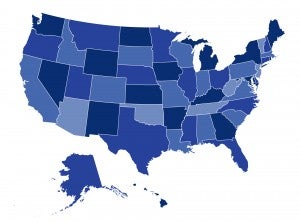A Great Day for the Affordable Care Act – and the Millions of Americans who Benefit from It

It’s three strikes you’re out for opponents of the Affordable Care Act. For the third – and hopefully final – time, the Supreme Court of the United States struck down the latest legal challenge. We at CHIR celebrate this victory for the American people, including the millions that rely on the ACA for coverage.





